They say black is not a color; it is the absence of light.
I ask…
What is the color of stars, in the absence of night?
As a child, often I would sit by my mother’s feet as she pounded yams, sweat dripping from her forehead, a smile parting lips. At this time my father would be in the living room, drinking with friends and laughing from his belly. In the glow of the distant burning stove, my mother would tell me stories untold, you know; the ones you wouldn’t read in books because no one bothers to write them. I liked most of her stories, always thought she made up a couple, maybe most, who knows? Whatever it was, there was this particular one I never forgot. My mother never named her tales, but I called it Mazi Agu and the White Whale.
The Mazi Agu part was to denote that the story concerned a man of status in Igbo tradition. The White Whale was to represent a white woman, who of course wasn’t nearly as big as a whale, but was said to have arrived our shores on a boat just as big. According to my mother, in exchange for a dozen or so slaves, the white men offered Mazi Agu a red headed white woman, and a barrel of liquor to go with her. He accepted.
After lying with this woman for only a night, legend has it that Mazi Agu vowed never to lay with a black woman again and threatened to disavow all his wives. To regain favor in his eyes, the black wives did everything in their power. They made his favorite meals, cooked their hair in boiling water till it slept on their shoulders, in fact, one of them even tried to burn the black off her skin with a naked flame. Try as they may, he remained blind to their efforts, scolding them in reproach at every turn, sometimes without provocation. Ironically, he worshipped at the feet of his red headed goddess, bending his will to her every whim, making commandments of her every wish. She was neither tasked to labor on the farm, nor was she expected to sit by the firewood in the kitchen. On the contrary, he kept her away from the sun to preserve the paleness of her skin and bathed her in milk to keep her forever young.
One day he came home from a meeting of chiefs to meet all the goats wandering in his compound. This angered him deeply. As he made his way to the hut where his black wives lived, he screamed death threats to coax their fears. What awaited him, he never dreamed.
With the ropes used to secure the goats in their pen, each woman had made a noose and hung from it. Like criminals charged with the skin they wore, they swung from the ceiling like murders hanging in gallows, eyes void of life, necks twisted in pain.
He wondered, now that they were gone; who was to tend the farm and milk the goats for his white maiden? Fool.
I have come a long way from sitting at my mother’s feet listening to tales by the burning stove, but not much of the narrative has changed. I will be the first to admit that the only thing I hate more than the fact that I am a chain-smoker is the fact that I cannot help it. As I stand outside this bar, still dressed in my pantsuit from a long Friday at the office, I have to deal with the shame of asking these black men for a lighter.
You are a woman, you shouldn’t be smoking.
A most pitiful excuse to quit anything. Personally, I find the reminder of lung cancer and bronchitis much more palatable. At least that gets to kill men too. Ironically, these same men out for shame on their high horses would volunteer to dab a cigarette at the burning sun if only a white woman needed it lit. Fools.
Sadly, I continue to watch many, like the lost wives of Mazi Agu, hiding behind the masks that we wear; chemicals all in our hair, bleaching creams and worse for our health, can’t stand a stare or a glare, ashamed of being ourselves.
They say we come from a long line of queens, tired from losing steam and esteem. I say black is but a million shadings of gold, a beauty, with its story untold.
*************
Post image is an adaptation of a photograph by Marian Rainer-Harbach via Flickr.
About the Author:
 William Ifeanyi Moore is a qualified pharmacist of paper but a full-time writer in real life. His first novel Lonely Roads has been published in Nigeria by Bookvine publishers and he also has a collection of short stories 30/30: Short Stories on Love, Life and other such Nonsense available on the web. He has been featured on a few publication and generally dislikes talking about himself. More of his work can be seen on www.willifmoore.com and he is currently working on his second book.
William Ifeanyi Moore is a qualified pharmacist of paper but a full-time writer in real life. His first novel Lonely Roads has been published in Nigeria by Bookvine publishers and he also has a collection of short stories 30/30: Short Stories on Love, Life and other such Nonsense available on the web. He has been featured on a few publication and generally dislikes talking about himself. More of his work can be seen on www.willifmoore.com and he is currently working on his second book.


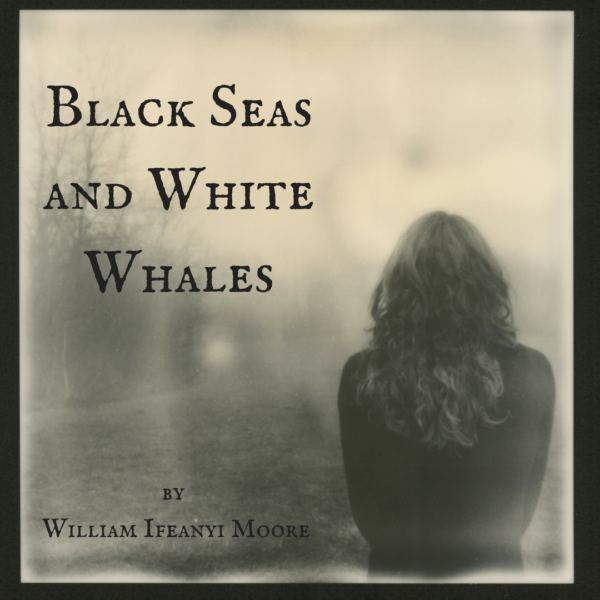

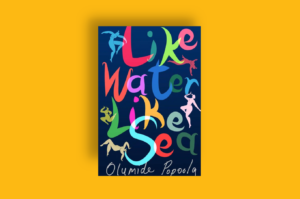
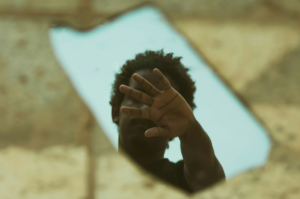

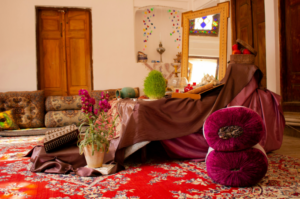
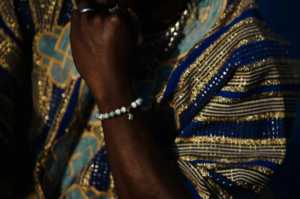

chiamaka November 21, 2016 15:24
genius!